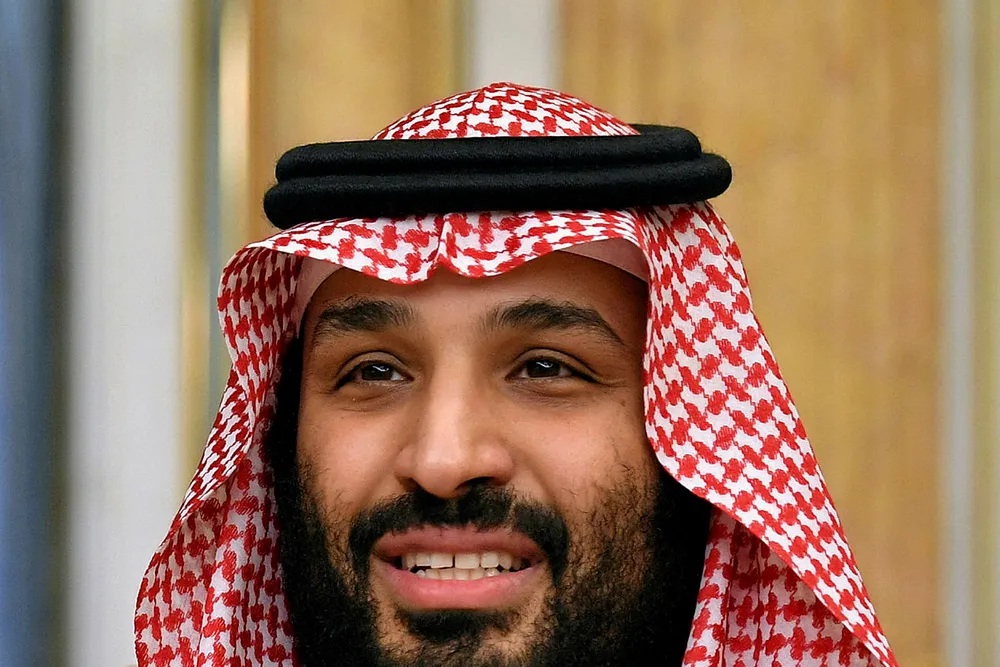OPINION: Saudis pledge a fight to the finish
Aramco says it has ample ammunition to pursue oil price battle — which could sound the death-knell for Opec

Aramco says it has ample ammunition to pursue oil price battle — which could sound the death-knell for Opec
